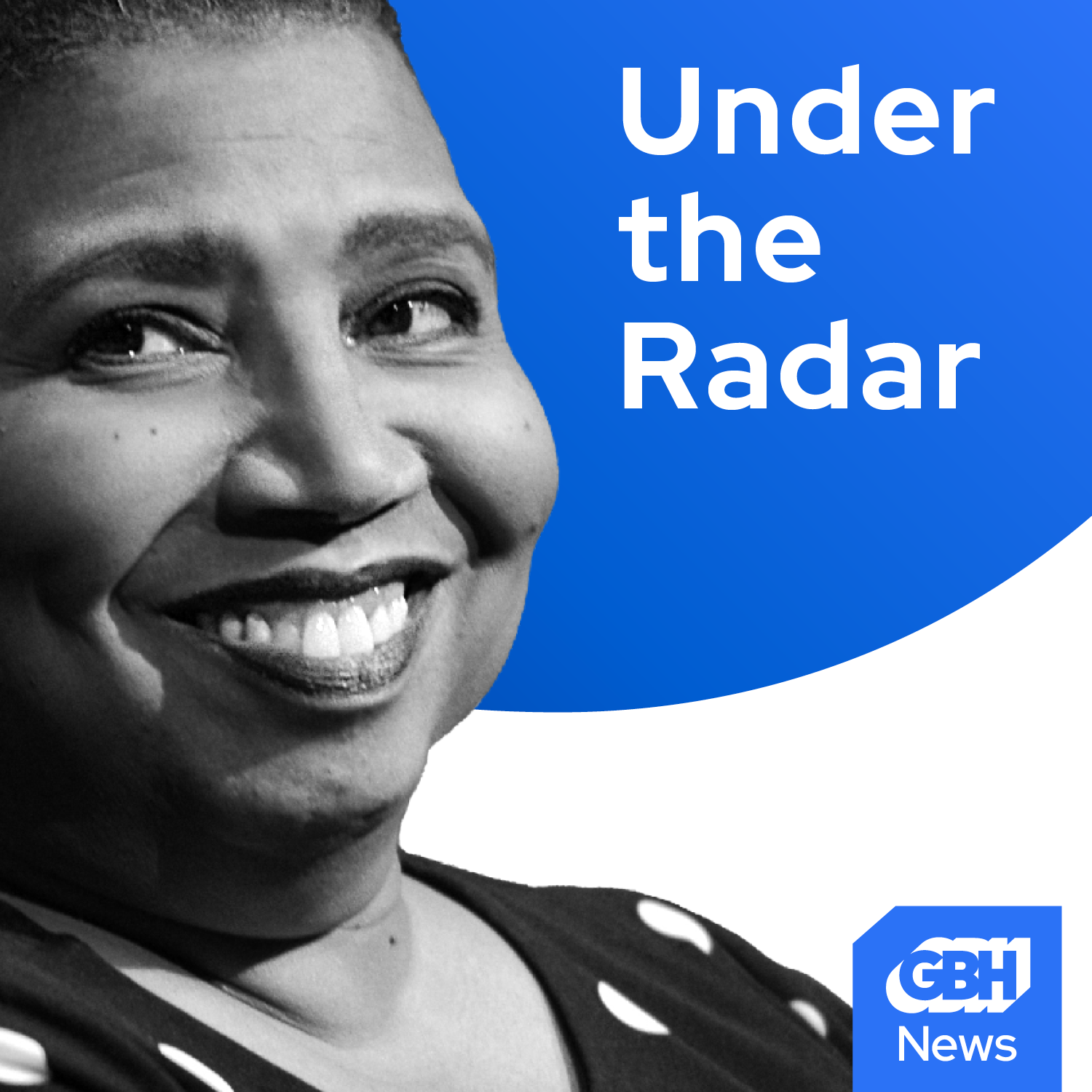
Encore: Local residents embrace communal living with a sustainable twist

Under the Radar Podcast
Shownotes Transcript
This week on Under the Radar with Callie Crossley:
COVID-19 might make all the headlines, but another crisis is afoot: loneliness. Pandemic-times have only exacerbated chronic loneliness by creating a world of isolation and social distancing. Can ecovillages — a unique model fostering community and connection — be one answer?
Ecovillage cohousing communities have been popular in Europe for decades, but interest here in the United States is ramping up. These communities are designed to integrate sustainability into all aspects of community living, and to create strong bonds between neighbors who all collaborate in the decision-making for the group.
Residents of three local communities share their communal experiences and why, post-pandemic, there is even more interest in this model of living.
Plus, even as inflation rises, Americans continue to shop. But what if you could find the goods you need without paying a cent? That's the idea behind the Buy Nothing Project, an app and collection of hyperlocal Facebook groups where users can give away and receive items and services with their neighbors — all for free.
Founded in 2013, the Buy Nothing Project) has spread internationally, offering an alternative to shopping for items like furniture, clothing and appliances. Here in Massachusetts, active Buy Nothing users are building community and finding an array of unique offerings.
GUESTS
Dave Shevett, resident and one of the founders of Mosaic Commons), a cohousing neighborhood, part of the Sawyer Hill Ecovillage) in Berlin, Massachusetts.
Sarah Heile, resident of Camelot Cohousing), also part of the Sawyer Hill Ecovillage in Berlin, Massachusetts.
Steve Chiasson, resident of Belfast Cohousing and Ecovillage) in Belfast, Maine.
Fern Spierer, founding member of the Pioneer Valley Buy Nothing Facebook group. She lives in Western Massachusetts, where she's an active member of Amherst Buy Nothing.
David Baker, former administrator of the Halifax/Hanson Buy Nothing Facebook group. He's now active on the Buy Nothing app.